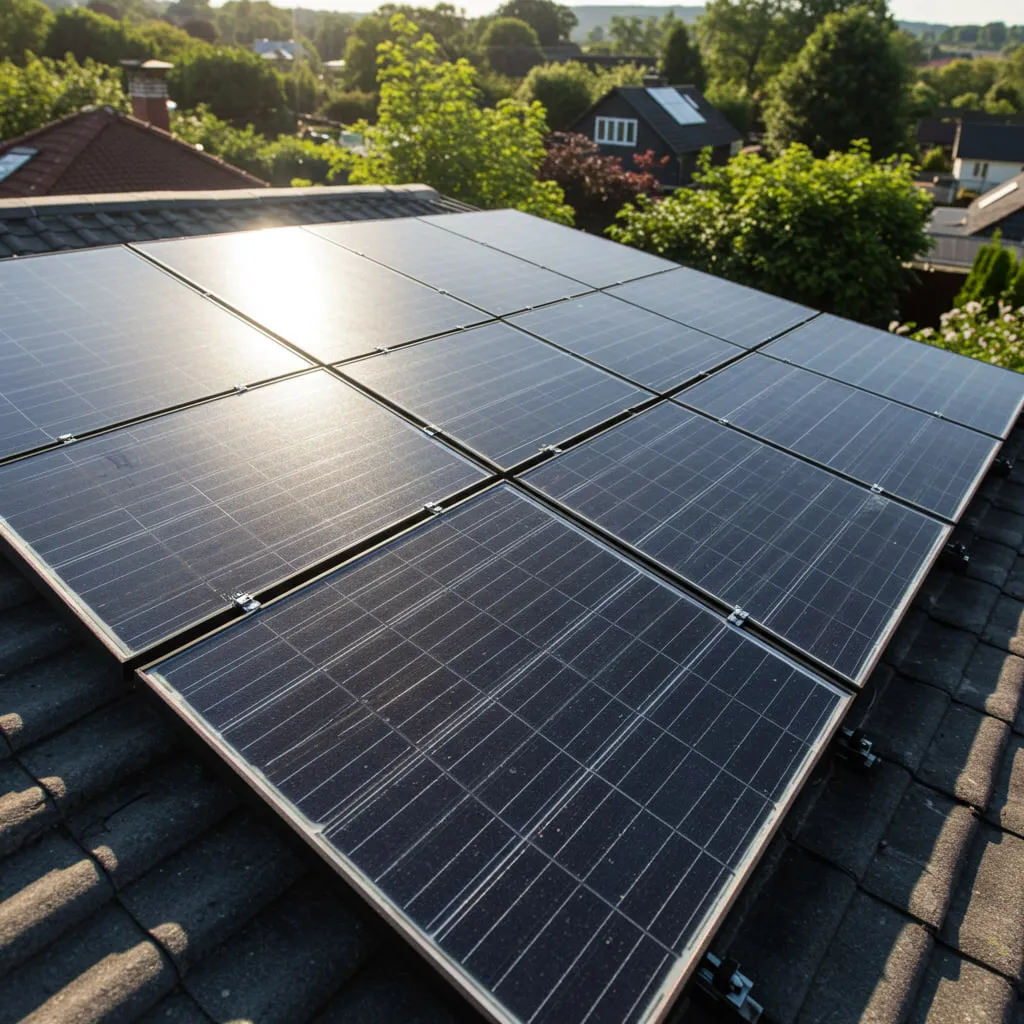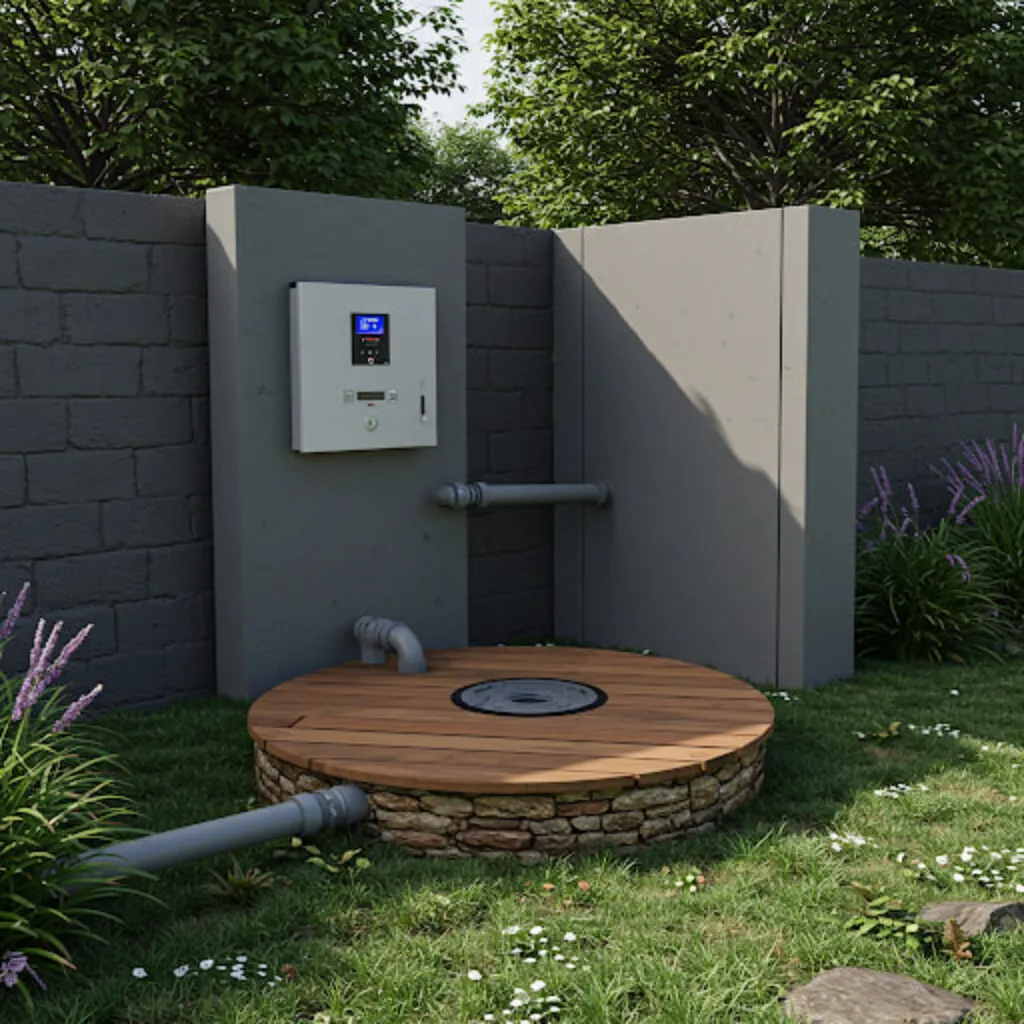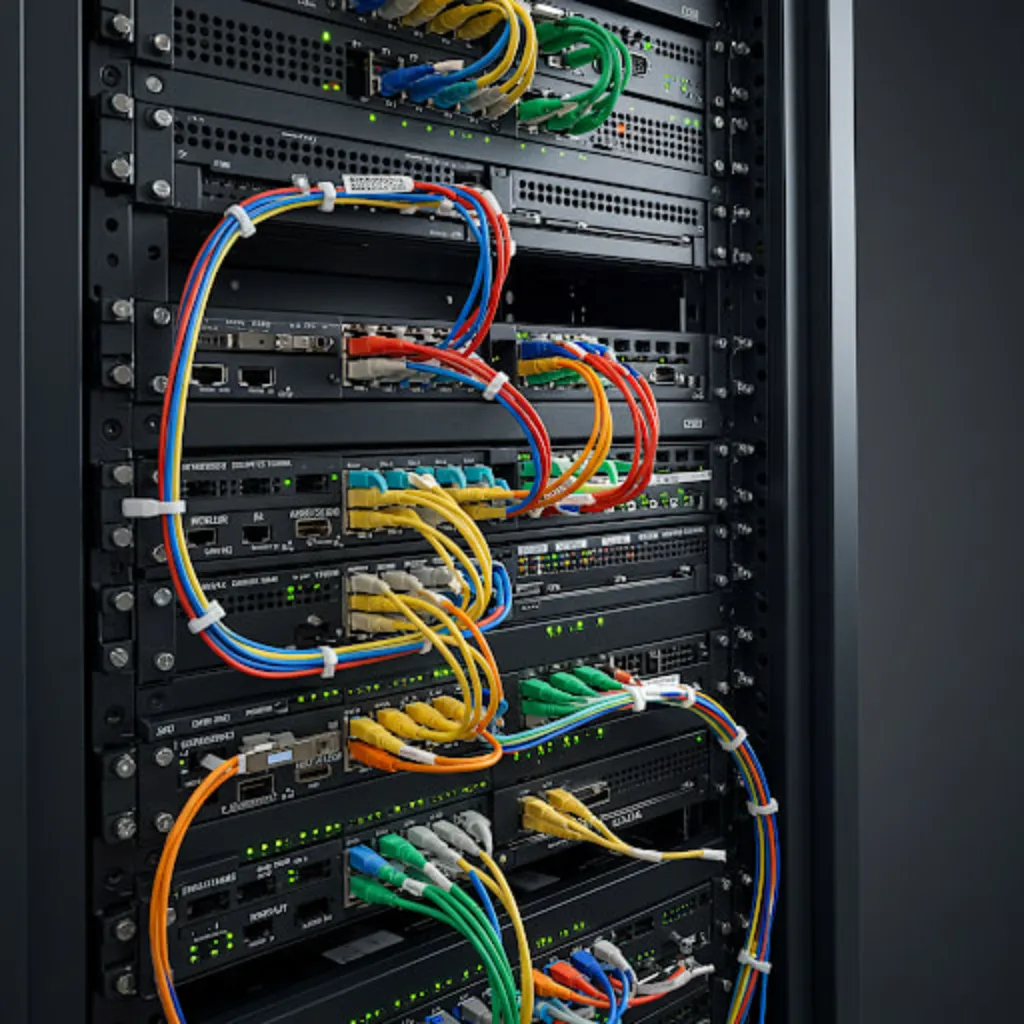What are smart utilities?
Smart utilities make your home's energy and water systems as intelligent as the rest of your smart home, leading to greater efficiency, control, and cost savings.
Electricity
Smart electricity gives you greater visibility and control over your energy generation and consumption, allowing you to have a consistent supply, make smarter decisions and reduce your environmental impact.

Real-time Monitoring
Smart systems provide a up-to-the-minute data on how much electricity you are using. With this you can monitor what appliances consume the most electricity.
Enhanced Control
Smart plugs and switches allow you to remotely turn devices on or off, or even set schedules. Smart thermostats learn your habits and automatically adjust temperatures to save energy.
Automation
Your smart home can be programmed to automatically respond to energy prices or grid demands. For example, your smart appliances might delay running during peak hours when electricity is most expensive.
Grid Intergration
Smart grids allow for two-way communication between your home and the utility company. This allows your home to reduce the use of electricity during peak periods to avoid blackouts. And if you have solar panels, it helps the distribution and optimization of electricity.
Increased Efficiency
By providing detailed usage data and enabling automation, smart electricity helps you reduce energy waste and lower your bills. By using the different types of smart switches, meters, and thermostats, you can optimize your energy usage efficiently.
Intergration with Smart Home Platforms
Smart electricity devices can often be integrated with popular smart home platforms like Google Home and Amazon Alexa, allowing for voice control and automation.
Water
Smart water systems give you greater visibility and control over your water usage, allowing you to conserve water, prevent damage, and save money. It brings the control you are used to with other smart devices, to the water in your home.

Real-time Monitoring
Just like smart electricity, smart water systems provide you with detailed, up-to-the-minute data on your water consumption. You can see exactly how much water you're using, and even pinpoint which fixtures or appliances are consuming the most.
Leak Detection
A key feature of smart water systems is their ability to detect leaks, even small ones that you might not notice. This can save you from costly water damage and wasted water. the sensors can be placed near pipes and other water sources.
Automated Shutoff
In the event of a detected leak, some smart water systems can automatically shut off the water supply to prevent further damage. These valves can be remotely or automatically set to shut off the water supply.
Remote Control
You can often control your water usage remotely through an app on your smartphone. This can be useful for things like turning off sprinklers or adjusting water heater settings.
Water Conservation
By providing detailed usage data and enabling automation, smart water systems help you identify areas where you can conserve water. This can lead to lower water bills and a more sustainable lifestyle.
Intergration with Smart Home Platforms
Like other smart home devices, smart water systems can often be integrated with platforms like Google Home or Amazon Alexa, allowing for voice control and automation.
Internet
Smart internet provides the robust and reliable foundation that your smart home needs to function at its best.

Reliable and High-Speed Connectivity
Smart homes rely heavily on a stable internet connection. "Smart internet" emphasizes the need for consistent, high-speed bandwidth to support the numerous connected devices. This means minimizing lag, buffering, and dropped connections, which are crucial for things like video streaming, security cameras, and real-time control of appliances.
Optimized Network Management
Smart internet involves intelligent network management to prioritize traffic and ensure smooth performance. This can include features like Quality of Service (QoS), which prioritizes critical traffic like video calls or security camera feeds. Mesh Wi-Fi systems play a big role in this, by creating a seamless, reliable Wi-Fi network throughout your home, eliminating dead zones.
Enhanced Security
With numerous connected devices, security is paramount. "Smart internet" includes robust security measures to protect your network and devices from cyber threats. This can involve advanced firewalls, intrusion detection systems, and regular security updates.
Internet of Things (IoT) Optimization
Smart internet is designed to handle the unique demands of IoT devices, which often require constant connectivity and low latency. This can involve technologies like IPv6, which provides a larger address space to accommodate the growing number of connected devices.
Smart Network Devices
Smart routers, and network hubs, that can prioritize traffic, and give network information to the home owner via apps, or other interfaces. You can control your smart home devices from anywhere in the world, as long as you have an internet connection.
Real-time Data and Automation and Software Updates
Smart internet enables real-time data collection and analysis, which is essential for automation and intelligent decision-making by your smart home system. Many smart devices rely on internet connections to receive vital software updates, that enhance security, and add new features.
